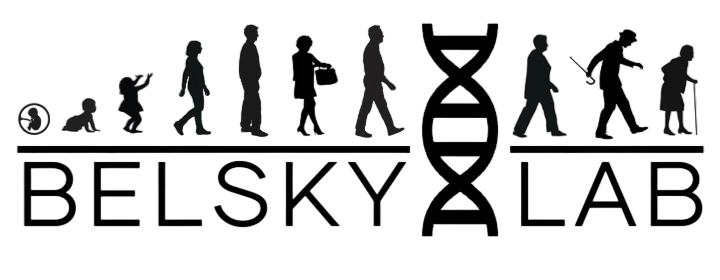Testing Effects of Cash Transfers on Biological Aging and Risk for Alzheimer's Disease (R01AG087158)
(with Allison Aiello and Ashu Handa) Alzheimer's Disease (AD) and AD-Related Disorders (AD/ADRD) are significantly increasing in resource-limited areas, where improved nutrition and decreased infectious disease mortality are enabling population aging. Simultaneously, enduring elevated levels of early-life adversity and adult hardship accelerates the development of aging-related diseases like AD/ADRD. Interventions are needed to reduce disease burden and increase healthy lifespan. Cash transfer programs are proven to reduce mortality in these settings. However, their impact on risk for chronic diseases of aging remains unclear. We propose a novel method to address this knowledge gap: epigenetic clock analysis of the pace and progress of biological aging. Epigenetic clocks can reveal otherwise occult health risks in young adults and forecast long-term disease outcomes, including AD/ADRD. Our study will assay dried bloodspot biospecimens from 4,000 participants in a randomized controlled trial of an unconditional cash transfer program, and test if transfers can slow biological aging. We will also investigate the role of immune aging, a crucial AD/ADRD risk driver, and quantify associations of epigenetic clock and immune aging measures with early AD/ADRD risk factors. Our study will be among the first to characterize epigenetic-clock and immune aging phenotypes in a low-resource-setting cohort, to test cash-transfer effects on biological aging, and to examine how biological and immune aging relate to cognitive functioning and AD/ADRD risk factors in a low resource setting. This innovative study will conduct a rigorous test of a cash transfer program's impact on biological aging, cognition, and AD/ADRD risk, providing insights for developing strategies to extend healthy life years and reduce AD/ADRD risk.


